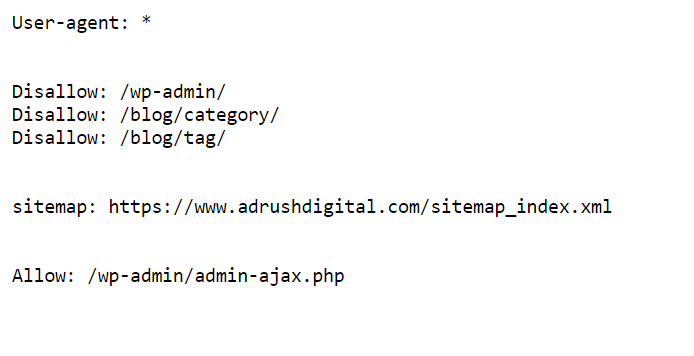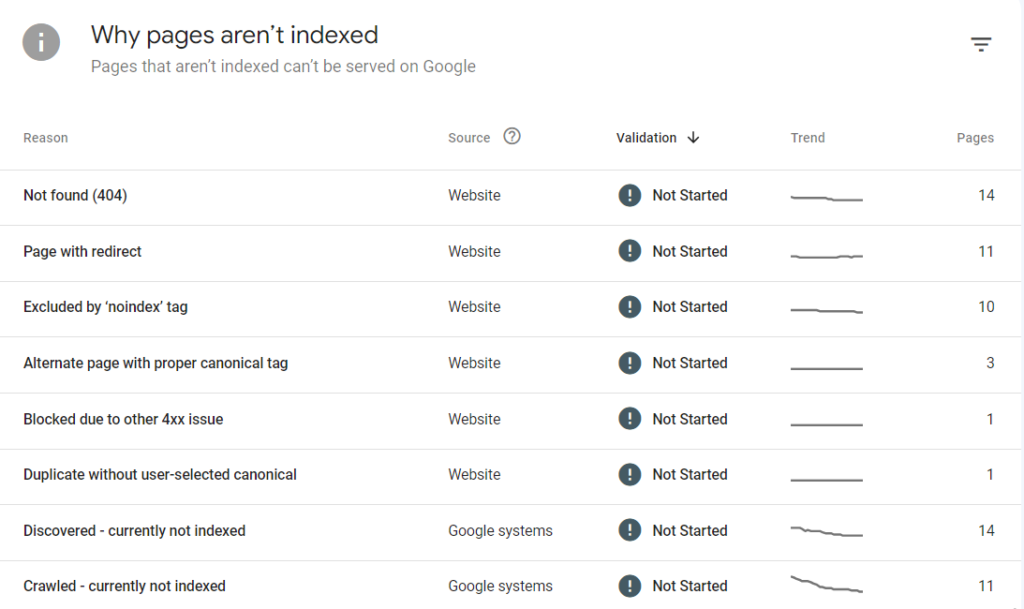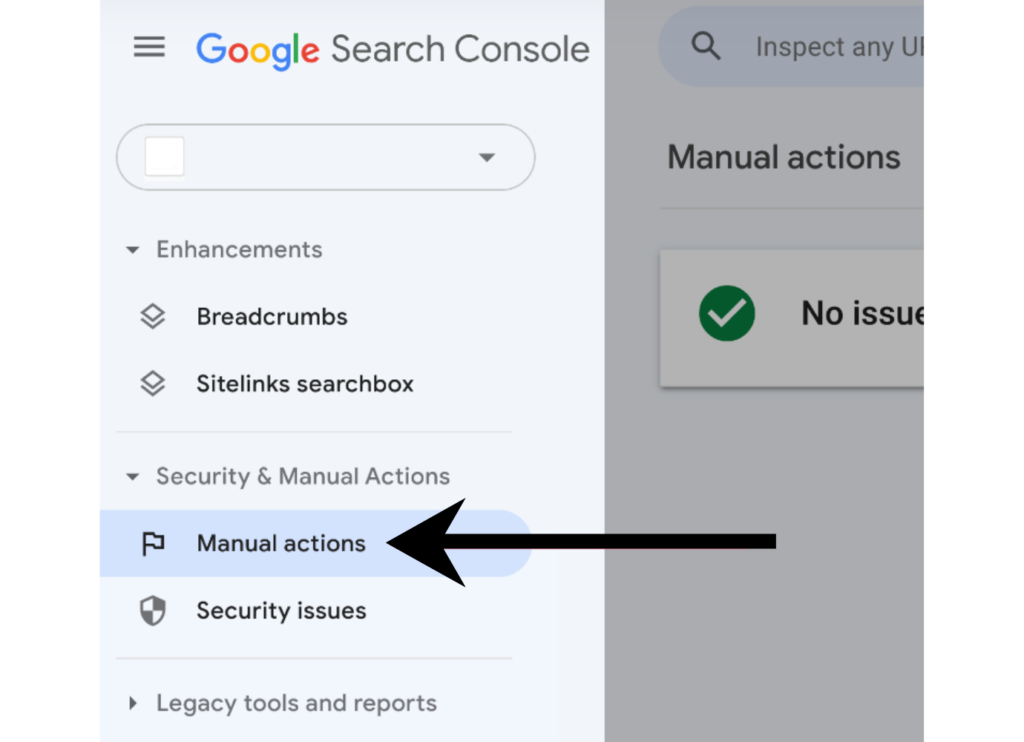In 2023, e-commerce is expected to generate $6.5 trillion in sales worldwide, a number that underscores the importance of optimizing your e-commerce website for search engines.
When people think of SEO, they think about using keywords to optimize their content to get ranked in search engines. However, there’s a lot happening at the back end which can make or break your rankings in search engines — and it relies on technical SEO. That’s why many businesses are focusing on getting best technical SEO services for their eCommerce websites.
In fact, technical SEO for eCommerce can be the difference between a website that is easily found by search engines and the one that struggles to rank at all. With that in mind, we’ve put together a complete checklist of best practices for technical SEO for eCommerce websites. From site structure to page speed, we’ll guide you through the essential steps to ensure your e-commerce website is performing at its best.
But first, Why Technical SEO For eCommerce Is Important?
Search engines regularly “crawl” websites to make sure they have the most current, up-to-date information for the public to access. “Crawling” means that the search engine is checking each page, following the links provided, and returning data about that page and website. Think of it like an army of robots crawling the web, speed-reading each page, and making copies to return to their home base, the giant index.
Your site must ensure these crawlers can easily navigate your site. When they easily find the information they’re looking for, they index your pages, which is your foot in the door to getting ranked well.
Technical SEO for eCommerce: A Checklist for 2023
1. Use Breadcrumb Navigation
If you want to implement technical SEO for eCommerce website, begin with creating a breadcrumb navigation. This type of navigation displays the path to a specific page and organizes your website’s pages.
For example, if you have a store and you sell food processors, the breadcrumb navigation for your site will look like this:
Home > Kitchen > Small Appliances > Food Processors
Major e-commerce platforms like Shopify and Salesforce Commerce Cloud use subfolders and product SKUs in their URL structures, which can help improve navigation for both users and search engines. With this setup, your website can effectively compete with others in your industry.
2. Improve Page Loading Time
If you want to do technical SEO for eCommerce successfully, focus on improving your site loading time. A delay of 1 second in the site loading time can cause a 7% loss in conversion rate. More than 50% of the visitors will leave your website if there is a delay of more than 3 seconds.
If you want to run a successful eCommerce website, you need to improve your site load time.
You can find out how long your website currently takes to load by using a tool like Google PageSpeed Insights. This tool is free and can provide you with valuable information about your website’s load time, along with recommendations on how to improve it.
3. Sitemaps (XML & HTML) And Google Search Console Setup
E-commerce websites can still work without an HTML sitemap, but it’s a good thing to have one. HTML sitemaps can help you link to your category and subcategory pages internally, keep track of your pages, and make it easier for users to navigate your site.
Having an XML sitemap is necessary as it helps Google find your URLs. Additionally, when you use the Search Console Inspection API to crawl your URLs, you can identify any potential problems, such as a category page only being discoverable via the XML sitemap rather than through internal linking.
If you want to get better data and deep insights into how your web pages are performing, you need to:
1. Submit an XML sitemap to Google Search Console
2. Submit a Google Search Console Property for each subfolder on your site
4. Create a Robots.txt file
Robots.txt tells search engines on which web pages they should or should not crawl. These are really important as they tell web crawlers how to access and index your site to show your content to the target audience.
This is how it may look like:

5. Make Sure Your Site Is Crawlable & Indexable
Google will not index your web pages if your content is not crawlable. However, crawlability and indexing are two different things. Just because Google crawls your content doesn’t necessarily mean it will index the page.
Therefore, it’s important to check Google Search Console to see if there’re any warnings related to robots.txt. Also, check for no-index robots meta tags on the page that are blocking indexation.

6. Make Sure Your Site Is Secure
A lot of people ignore it but the truth is that HTTPs are an important ranking factor. Google prefers websites with HTTP and not just HTTP. HTTP uses SSL that encrypts the connection between a server and a browser.
Securing your websites is a crucial part of technical SEO for eCommerce websites as customer trust websites which is secure to purchase. That’s why most of the top eCommerce websites today use SSL default.
7. Check Manual Actions on Google Search Console
If your site is violating and manipulating Google Webmaster’s Guidelines, it will cause manual actions. Manual actions may include structured data issues, unnatural links, user-generated spam, hidden text, think content and others.
To check manual actions, go to Google Search Console, scroll down the sidebar navigation and then click on “Security & Manual Actions” and then click on “Manual Actions.”

8. Make Sure Your Site Is Mobile Friendly
In the US, 70% of the total digital media time is spent on mobile phones. Nearly 3 out of 4 online purchases are done through smartphones. Moreover, Google has switched to a mobile-first index which means that the indexing and determining SERP ranks highly depend on the mobile-friendliness of your website.
So this is our list of practices for implementing technical SEO for eCommerce websites to achieve results.
If you run an eCommerce website and want to boost your online presence, our digital marketing agency is here to help. We specialize in technical SEO for eCommerce websites and small medium-sized businesses. Our expert team will optimize your website to rank higher on search engines, attract more customers, and drive business growth. Contact us today!


